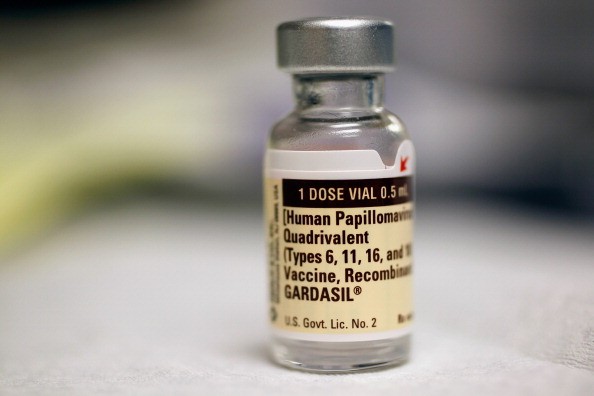
The vaccine against human papilloma virus (HPV) is recommended for teen girls to prevent cervical cancer, which is primarily caused by the sexually transmitted virus, and in teen boys to prevent genital warts and anal cancer. But a study suggests that teen boys should be vaccinated against HPV as a cost-effective way to prevent throat cancer when they are grown men.
About 9,300 men are diagnosed with cancers related to HPV in the United States each year. By 2020, researchers expect that throat cancer will become the most common form of HPV-related cancers. Cancer of the throat-oropharyngeal cancer-can develop at the back of the tongue and in the area around the tonsils. The virus may be introduced into the throat through oral sex.
The study found that administering HPV vaccine to preteen boys is cost effective. Researchers looked at a statistical model of nearly 200,000 Canadian boys and found that vaccination against HPV could save $6 million to $22 million, depending on how much the vaccine costs and the cost of cancer care.
According to the U.S. Centers for Disease Control and Prevention, about 35% of boys in the United States were vaccinated against HPV in 2013, up from about 21% in 2012. According to the authors of the study, if more boys were vaccinated against HPV, the vaccine would prevent throat cancer as effectively as it prevents cervical cancer in girls.
Two brands of HPV vaccine are available, Gardisil and Cervarix. In women, either vaccine protects against 70% of cervical cancers and 90% of genital warts. Gardisil is the vaccine used in boys for the most part.
The best time to be vaccinated against HPV is in early adolescence. This gives the vaccine time to build up the body's immunity before sexual activity starts. Immunization requires three doses of the vaccine.



